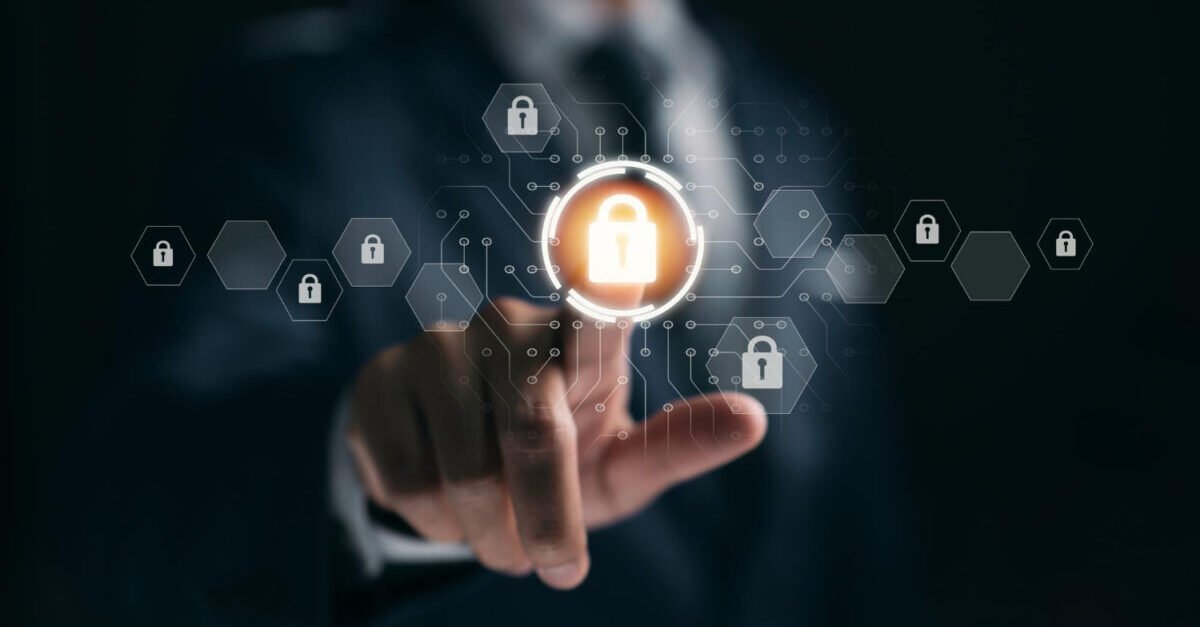Table of Contents
What are cyber security attacks?
Cyber security attacks are malicious attempt to disrupt, deny, degrade, or otherwise interfere with the operation of a system, they are a form of hacking where the attacker seeks to gain access to information or data.
What are the common types of Cyber Security attacks?
Cyber-Security has become a major concern for everyone these days. The Cyber Security attacks are becoming more and more sophisticated and common. There are many different types of Cyber Security attacks, but the most common ones include phishing, malware, ransomware, and social engineering
- Phishing is when a hacker sends an email to a user that looks like it is from a legitimate company or person in order to get them to click on a link or download an attachment that contains malware.
- Malware is malicious software such as viruses, worms, spyware, adware and ransomware that can be used to steal information from your computer or disrupt its operation.
- Ransomware is when hackers encrypt files on your computer and demand payment for the decryption key.
- Social engineering is a type of cyber security attack where the attacker uses deception and manipulation tactics to deceive people into giving up sensitive information or downloading malware. It’s often used by hackers to steal usernames and passwords, credit card numbers, and other personally identifiable information.
How to prevent cyber security attacks?
Keep your system up to date
- In order to prevent cyber security attacks, one of the best ways is to keep your system up to date. You need to have a proactive approach that includes patch management.
Employee’s self-awareness
- Making sure that all employees are aware of the risks and threats involved in cyber security is a must!
- They should be trained on how to identify suspicious emails and links as well as how to report any incidents they come across.
- Business owners should also be encouraging employees not to use personal accounts for company work.
End-Point protection
- End-point protection for workstations and servers is a must in preventing a cyber security attack is by using the right kind of antivirus software as well as an anti-malware program. It should have real-time protection and automatic updates that are installed at all times, to keep your system safe.
Access and Log management
- Companies should have a good Access and Log management system in place and follow best practices. This includes making sure that all accounts passwords are strong with two-factor authentication enabled and have access to restricted areas of their systems only when needed.
- Using SSH Key and SSL Certificate also plays an important role in ensuring your server’s safety from any cyber-attacks.
Audit management
- Auditing is a process of monitoring and recording who, what, when, where, and why of any change to an object. It is done to maintain the integrity of the information.
- Auditing can be done by conducting periodic scans or by reviewing logs. It should be implemented at all levels of the organizational hierarchy and be in place before any security breach occurs to identify the root cause and prevent it from happening again.
Network, Server an Application Security
- Network security is the first line of defense against cyber-attacks. It is important to implement the latest technologies and best practices to secure your network infrastructure.
- The second line of defense against cyber-attacks is Application Delivery Control, which can be done through firewalls, intrusion detection systems, anti-virus software, or other similar technologies.
- A third line of defense against cyber-attacks is Advanced Persistent Threat (APT) Defense Framework that includes intrusion detection systems, anti-virus software, or other similar technologies that can detect and block advanced attack methods.
Security & Vulnerability Assessment
- The vulnerability assessment tools will scan the network and servers for vulnerabilities, identify weaknesses and risks, and suggest ways to fix them. The goal of this process is to find any gaps in your defenses before an attacker can exploit them.
Cyber Security is a major concern in Iraq, as the country is still recovering from war and violence. The Iraqi government has been working to improve their Cyber Security to prevent against cyberattacks.
The Iraqi government has been investing in its cyber infrastructure by training experts and building new data centers. It also plans to launch a National Cyber Security Strategy that will help Iraqis protect themselves from cyber threats.
In order to protect its citizens, the Iraqi government needs to invest in more than just cybersecurity measures. It also needs better educational programs on how people can protect themselves online.

